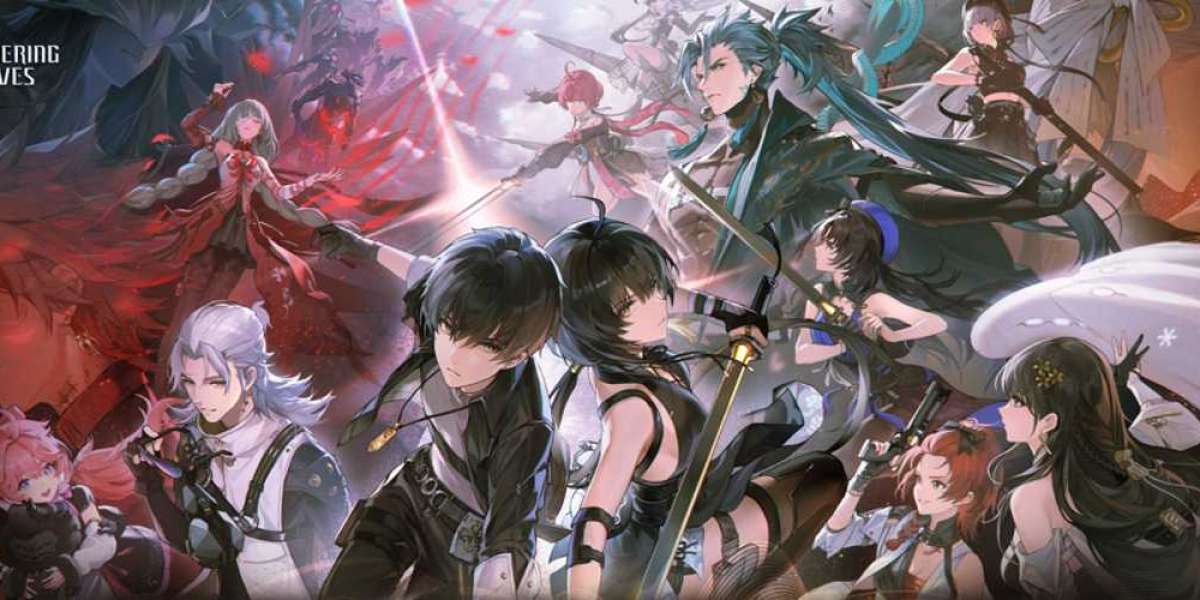Introduction:
In March 1966, a pivotal event unfolded in the history of modern China - the initiation of the Great Proletarian Cultural Revolution. This tumultuous period, fueled by ideological fervor, political upheaval, and grassroots movements, had a profound impact on the nation's social fabric. Under the leadership of Chairman Mao Zedong, the revolution aimed to restore revolutionary zeal and rid Chinese society of counter-revolutionary elements that were seen as threats to socialist ideals. What started as a political campaign soon escalated into a nationwide phenomenon, igniting fervor and division amongst the Chinese populace, while leaving an indelible mark on the country's cultural, political, and economic landscape.
Details:
The Cultural Revolution officially began at the Central Committee of the Communist Party of China's (CCP) plenum on March 11, 1966. Mao Zedong, seeing a growing bureaucratic tendency within the party ranks, decided to launch this transformative movement to ensure the ideological purity and loyalty to the communist principles that had united China since the 1949 revolution.
The revolution's initial phase was marked by the rise of the Red Guards, an army of radicalized students who were passionately devoted to Mao's vision. The Red Guards, primarily composed of high school and university students, idolized Mao and sought to protect the revolution from perceived revisionist elements within society. They were encouraged to take to the streets, denounce counter-revolutionaries, and dismantle cultural norms associated with the old regime.
As the revolution gained momentum, it sparked nationwide unrest. The ideals of the revolution were distorted, leading to violent clashes and chaos. Ordinary citizens were urged to make revolution and engage in struggle sessions as a means of purging perceived enemies of the revolution. Schools were shut down, and the education system was profoundly disrupted. Traditional values, customs, and cultural artifacts were systematically erased, as the revolution sought to establish a uniform ideology devoid of any perceived capitalist influence.
The Cultural Revolution had far-reaching consequences for China. Society became increasingly polarized, as family members, friends, and colleagues turned against one another in an environment of suspicion and fear. The turbulent years that followed witnessed a breakdown of law and order and an erosion of institutional authority. The country's political leadership became embroiled in internal factional struggles, with Mao himself struggling to control the forces he had unleashed.
The Cultural Revolution officially came to an end with the death of Mao Zedong in 1976. The revolution's effects, however, continued to reverberate throughout China for decades to come, leaving an enduring imprint on Chinese society, politics, and culture. It stands as a complex and contentious chapter in the nation's history, both remembered as a period of political turmoil and revered by some as a time of revolutionary passion and collective idealism.








